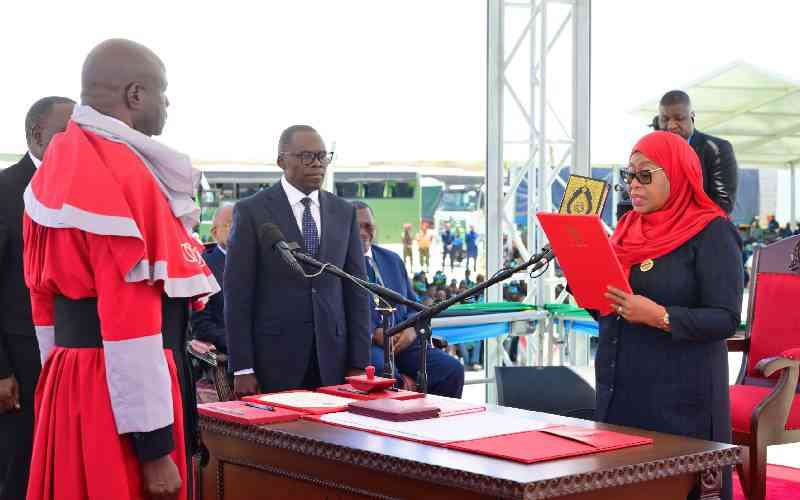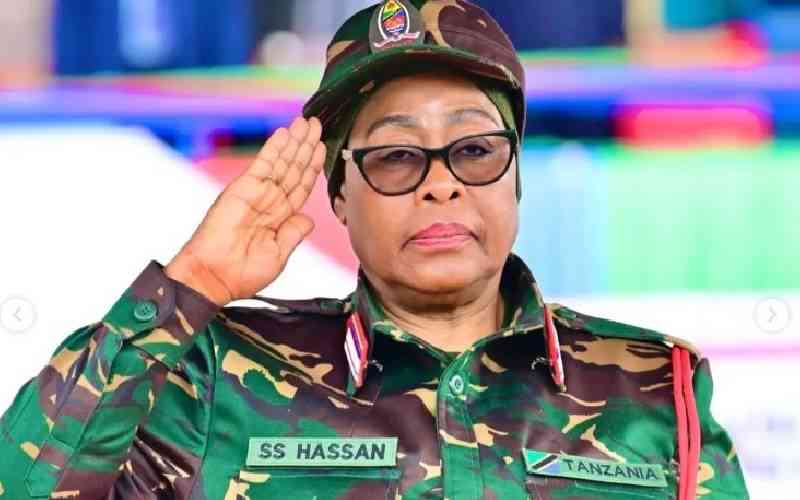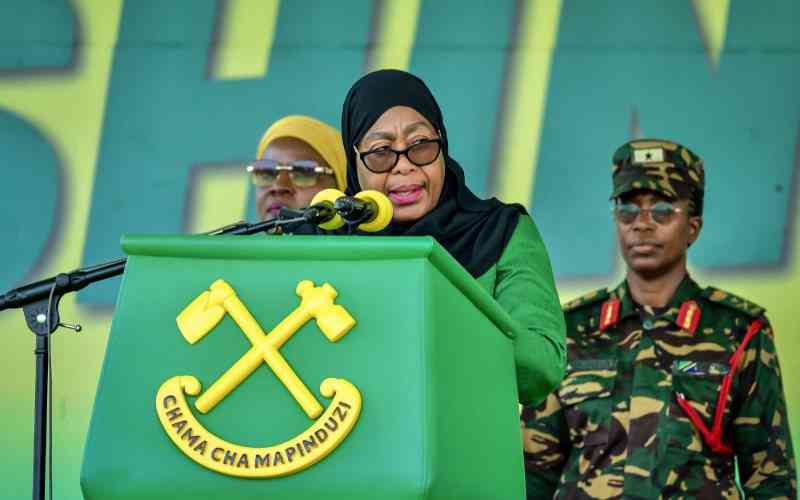Tanzania Election Turmoil: Crackdown on Opposition Raises Democracy Concerns
&format=jpeg)
Tanzania is in the grip of political unrest following a government directive ordering all public servants to work from home on Thursday, October 30, 2025. The decision came amid escalating tensions surrounding the national election, in which President Samia Suluhu Hassan is seeking a second term under the ruling Chama Cha Mapinduzi (CCM) party — in power since independence in 1961.
The Chief Government Spokesperson, Gerson Msigwa, emphasized in an official statement that only essential workers should report physically for duty, while others were to operate remotely. Citizens were urged to stay indoors unless absolutely necessary, underscoring the seriousness of the security situation. The Tanzania Police Force also issued a safety advisory specifically targeting residents of Dar es Salaam, the country’s commercial hub, following reports of planned mass protests and unrest.
These precautionary measures came against the backdrop of widespread political tension, marked by the detention of key opposition leaders and escalating concerns from Amnesty International and other human rights groups. Among those detained is Tundu Lissu, leader of the CHADEMA party, who has been charged with treason. His imprisonment has drawn international condemnation, with the Democratic Alliance’s Ryan Smith calling it “an alarming trend of democratic backsliding” that threatens regional stability within the Southern African Development Community (SADC).
Election day itself descended into chaos, with violent clashes erupting in Dar es Salaam and along the Tanzania-Zambia border. These confrontations left at least two people dead — a civilian and a police officer — prompting the government to impose a 6:00 PM to 6:00 AM curfew in the capital. Police Commander Jumanne Muliro confirmed the measure but declined to specify when it would be lifted.
The violence stemmed from nationwide protests demanding electoral reform and denouncing the exclusion of prominent opposition figures from the race. Protesters, led by activists and members of Wazalendo and CHADEMA, flooded major streets such as Morogoro Road, setting fires, damaging buses, and tearing down campaign materials. Eyewitnesses reported chants demanding freedom of expression, an end to abductions, and restoration of media independence — rights they claim have been systematically suppressed.
Further exacerbating tensions, the Suluhu administration imposed an internet blackout as polls opened, effectively silencing communication and limiting the flow of information across most of the country. Amnesty International described the move and the ensuing clashes as “deeply disturbing,” urging authorities to show restraint and uphold the rights of peaceful demonstrators.
Despite the chaos, President Hassan cast her vote early in the day, calling on Tanzanians to remain calm and uphold peace. She pledged a “free and fair process” and encouraged citizens to participate fully in the democratic exercise. However, as vote counting continues, skepticism runs deep. Analysts warn that low voter turnout—despite a 26% increase in registered voters since 2020 to over 37 million—signals widespread disillusionment with the political process and a foregone conclusion of a Hassan victory.
For many observers, the turmoil surrounding Tanzania’s 2025 election raises profound concerns about the state of democracy in East Africa. Once seen as a beacon of stability, the country now faces mounting scrutiny over its commitment to civil liberties and electoral transparency. As curfews, detentions, and shutdowns continue to define its political climate, questions loom large over whether Tanzania can still claim its democratic credentials in the years ahead.
You may also like...
The Death of Copycat Apps: African Developers Finally Building Products for African Realities

African developers are moving beyond imitation and building tech products rooted in local realities. From mobile money t...
The Weakest Link: How Humans endanger Cyber security

Cyber security breaches have often been attributed to technical failures, but however statistics prove otherwise pointin...
Ghana's New Digital Rules Redefining African Fintech Lending

Yesterday, The Bank of Ghana opened applications for the country's new Digital Credit Directive,
Pewbeam AI: Where Faith meets Innovation
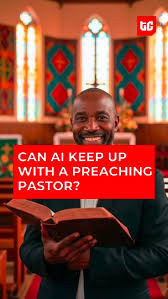
The creation of Pewbeam AI has once again reinforce the idea that technology can be used to the glory of God and thanks ...
We Are the Headline We’ve Been Waiting For
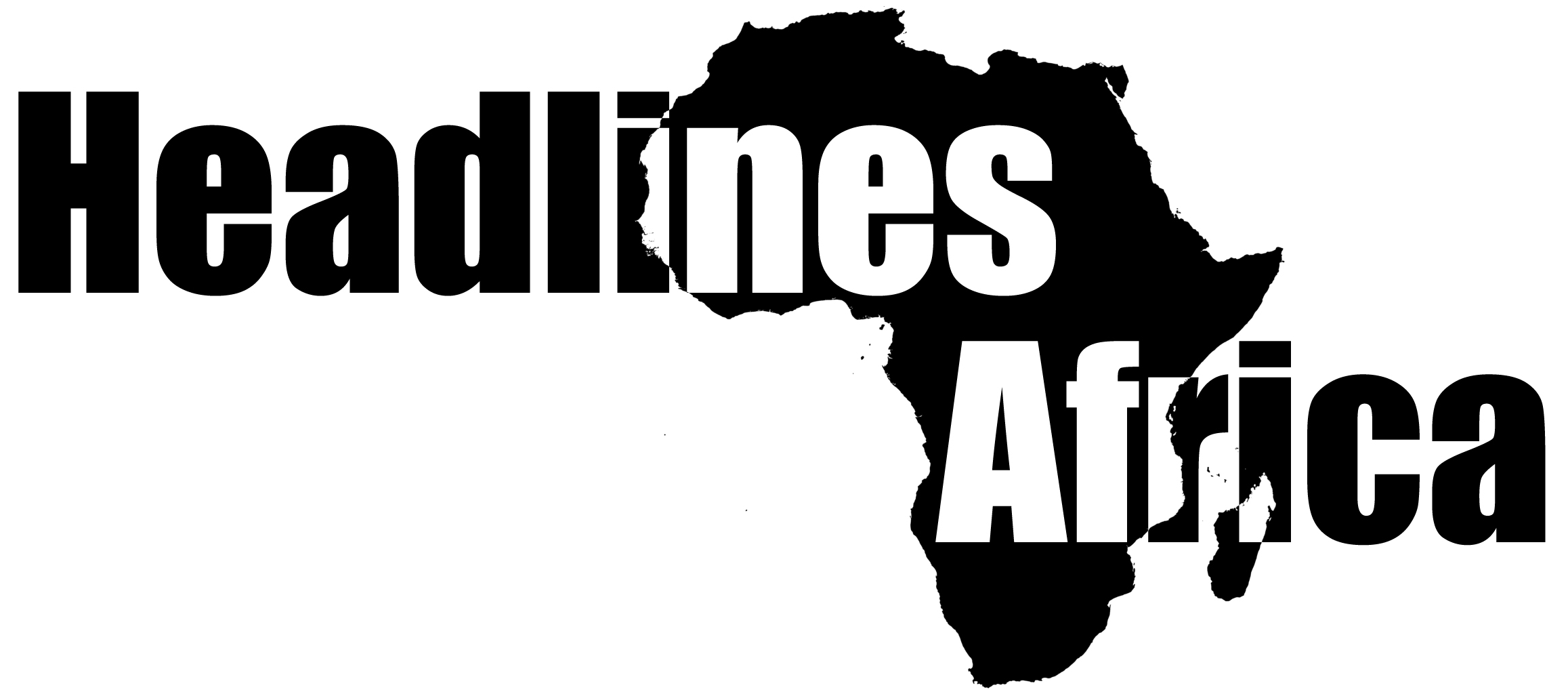
Africa has spent decades being reported on, misunderstood, and misrepresented. Now, a generation of Africans creators, c...
It Doesn’t Pay to Be Nice! It’s Makes You The Heartbroken Guy

“It Doesn’t Pay to Be Nice!” is about the heartbreak of the modern nice guy, revealing how society rewards toxicity over...
The Crack in Nigeria’s Christian Genocide Debate

As violence grips Nigeria’s Middle Belt, the world debates whether it’s genocide or chaos. With Donald Trump’s threats t...
Pundit Power Play: Troy Deeney's Weekly Premier League Hot Takes Revealed!

BBC football pundit Troy Deeney will present his weekly choices for the Premier League's team and manager of the week af...
